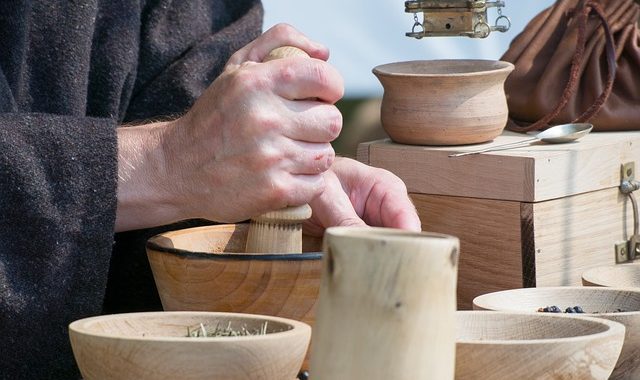
Nordic Diet More Healthful Than Mediterranean Diet, Study Finds
For years, the gold standard of nutrition for longevity has been the Mediterranean diet. Rich in healthy fats, fish, and veggies, doctors have recommended a Mediterranean diet to improve heart, brain, and digestive health. Until recently, it has stood unmatched in its pervasiveness and popularity. A recent study from the University of Eastern Finland, however, has found a new diet that espouses even more healthful benefits. They have found that a Nordic diet, such as those consumed in Scandinavian countries, reduce the risk of common diseases by lowering the amount of inflammation in adipose tissue (body fat).
The Study from the University of Eastern Finland’s Findings
Researchers from the University of Eastern Finland drew on an existing body of evidence that demonstrates how inflammation in adipose tissue (i.e. body fat) is responsible for many of the chronic diseases associated with being overweight or obese. Using this body of evidence as their launchpad, they conducted a study where half the participants ate a normal “western diet” and half ate the nordic diet. The goal was to see if the health-promoting nordic diet could actually lower the risk of chronic diseases without weight loss.
What the study revealed was a dramatic decrease in the amount of inflammation of those people who consumed a nordic diet whether they lost weight or not. This drop in inflammation, and the subsequent effect on gene expression within adipose tissue, means a nordic diet may dramatically lower the risk of chronic diseases whether a patient loses weight or not.
In layman’s terms, the nordic diet helps to prevent the bad effects of being overweight or obese without necessarily having to lose weight. It should be noted, however, that most participants did lose weight during the study.
What is a Nordic diet?
A Nordic diet, as defined by the study authors, consists of whole grain products, vegetables, root vegetables, berries, fruit, low-fat dairy products, rapeseed oil and three servings of fish per week. But beware many of the sample recipes found on the internet that claim to be “nordic”. Many are simply rebranding previous gimmicks with the new buzz word to drive traffic. A true Nordic diet is quite simple. Here are five simple rules to follow when thinking of transitioning to a Nordic diet.
Eat more fish
A staple of the nordic diet is fish. And not just fatty fish like most people enjoy. White fish, such as mackerel and herring are commonly consumed and a major part of the diet.
Cook with rapeseed oil
Although not an ancient Nordic practice, modern Scandinavians commonly use rapeseed oil as their primary cooking aid. Rapeseed espouses many of the same health benefits as olive oil, and even claims to reduce inflammation far more than its mediterranean counterpart.
Eliminate simple carbohydrates
White breads, doughnuts, and sugary treats are off the menu with this diet. Go instead for the whole grains that are high in fiber, and make sure to keep even these complex carbohydrates to a minimum.
Eat more root-based vegetables
The nordic diet consists of eating plenty of root-based vegetables, such as radishes, beets, carrots, among others. A common mistake is to think potatoes fall under this category. They don’t. Potatoes fall under the simple carbohydrates category, unfortunately.
If you want desert, eat berries
A staple of the nordic diet is wild berries. These include blackberries, blackcurrant, raspberries, and for North Americans that does include blueberries. These are great to turn into smoothies, or to enjoy in a low fat yogurt.
Other things allowed in the Nordic diet
Crustaceans, such as shrimp, crab, mollusks, and other seafood are all allowed and encouraged. Also allowed and encouraged are collared greens (and, yes, Brussel sprouts) for salads, but avoid sugary dressings. Spices are more than welcome to give flavor to the fish and meat, and it’s ok to get creative on those as they do not contribute negatively to the diet. Lastly, what about alcohol? Unfortunately, alcohol is not part of a Nordic diet and was not part of the study. Therefore, we do not know if a drink or two will sabotage the healthful benefits of the Nordic diet.






